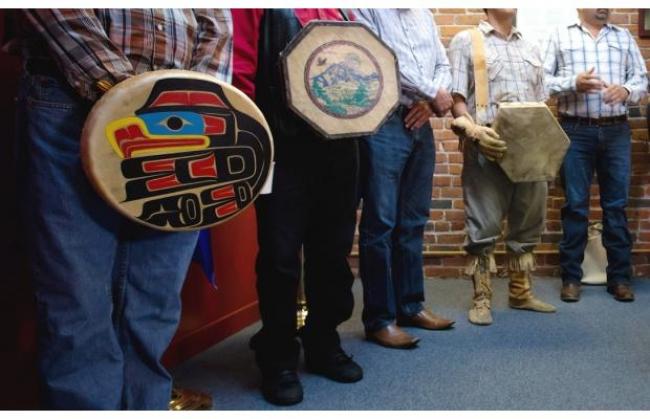Articles Menu

A new study suggests the Supreme Court of Canada ruling to extend Aboriginal territorial rights will mean a more active role for government to ensure oil and gas development.
It's hard to believe the current federal government could do more to actively promote Prime Minister Stephen Harper's longstated ambition for Canada to be a "global energy superpower" but that's what the Fraser Institute predicted in a report Thursday.
The high court's landmark ruling in June over a three-decadeold logging dispute in British Columbia has been characterized by industry proponents and opponents - depending on their points of view - as adding another challenge to natural resource development or providing greater clarity around First Nations' consultation and accommodation.
The focus quickly turned to the oil and gas industry and the impact on Enbridge's proposed Northern Gateway pipeline that would carry oilsands crude to Kitimat on the B.C. coast.
The ruling that grants title to the Tsilhqot'in people in B.C. over lands traditionally used for hunting, fishing and trapping has added to the concern over current and future oil and gas development in B.C. - home to one-third of Canada's First Nations. The Fraser Institute noted unsettled land claims cover more than 100 per cent of the land in B.C.